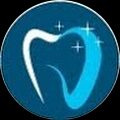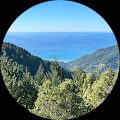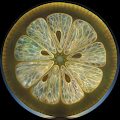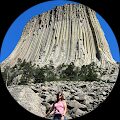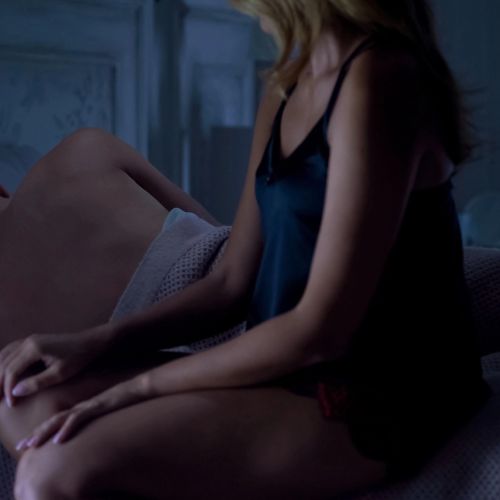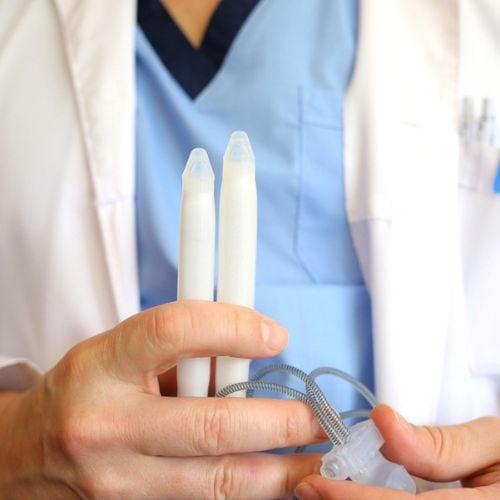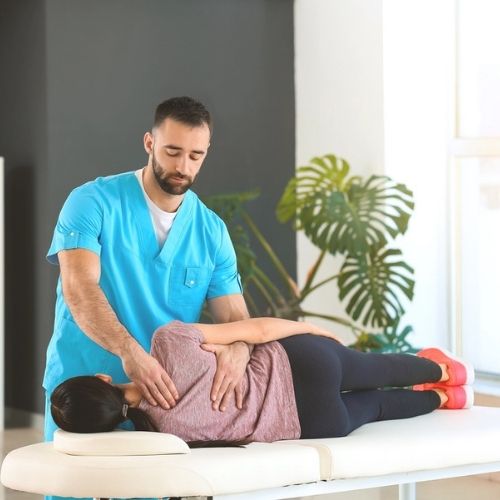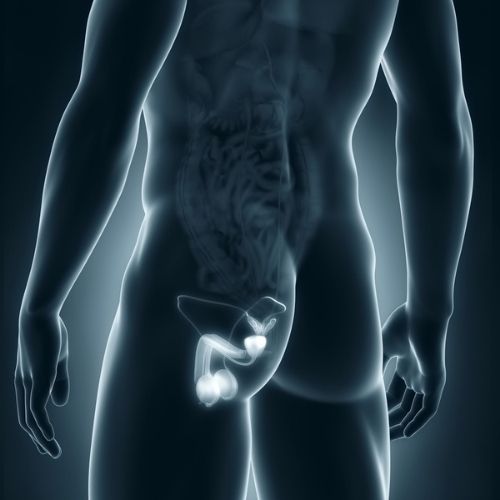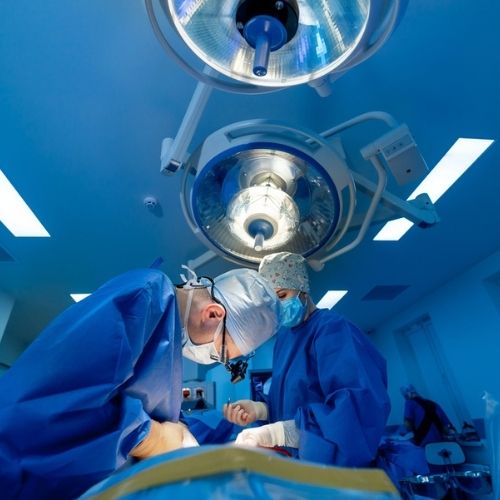What is nocturia?
Nocturia is a medical condition in which you wake up one or more times during the night to urinate (pee). It’s a very common and bothersome issue, especially as we age. It affects about half of adults over 50. It impacts both men and women, but the causes may differ between genders.
While it might seem minor, nocturia can disrupt sleep and impact overall quality of life.
However, research shows that for older adults, nocturia is associated with an increased risk of developing or progressing in frailty. In other words, older people with nocturia tend to develop weakness or become weaker. Therefore, reducing the risk by addressing nocturia is a good idea.
Nocturia should not be confused with bedwetting. With nocturia, you get up often at night to urinate. With bedwetting, you pass urine in your sleep after the age you would expect not to.
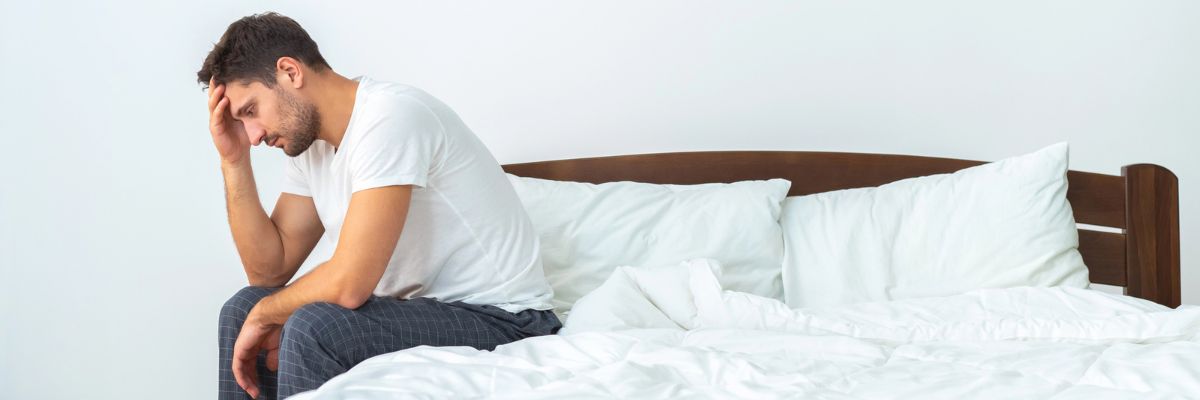
What causes nocturia?
Various factors can cause nocturia, from lifestyle factors to more serious medical issues. Understanding the underlying cause is key to finding the proper treatment.
There are many potential causes of nocturia, and many of them have nothing to do with your bladder! One common cause is “nocturnal polyuria.” This situation occurs when your body produces excessive urine at night. It can happen due to a range of reasons, including:
- Drinking too much fluid before bed
- Certain medications, like diuretics (water pills), which cause nocturia as a side effect
- Hormonal imbalances
- Interstitial cystitis (an inflamed or irritated bladder wall)
- Heart disease
- Obstructive sleep apnea or sleep disruption
Another cause is bladder storage problems. In other words, your bladder can’t hold as much urine as it should. This might be due to:
An overactive bladder (too much urine production): Symptoms of an overactive bladder include a constant feeling that you have to urinate and getting up two or three times at night to urinate
Urinary incontinence (uncontrolled leakage or passing of urine)
- An enlarged prostate in men
- Pelvic organ prolapse
- Pregnancy
- Urinary tract infections
- Parkinson’s Disease
- Multiple Sclerosis
- Spinal cord injuries
Sometimes, nocturia is a combination of excessive production (too much urine) and decreased bladder capacity (not enough storage) issues. Lifestyle factors, such as drinking alcohol or caffeine in the evening, can also contribute.
What are the risk factors for nocturia?
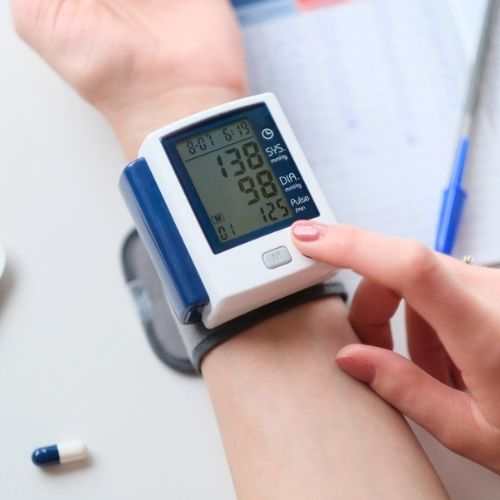
Certain things can increase your risk of developing nocturia. These include:
- Aging is a significant concern, as our bladders and kidneys naturally change over time.
- Gender: Men are more likely to experience nocturia due to prostate problems. As men age, their prostates tend to become larger. The larger prostate presses on the urethra, limiting the urine flow (prostate obstruction). As a result, your bladder doesn’t entirely empty, and you need to urinate more often. Women may develop it because of pelvic floor issues, hormonal changes, or changes due to menopause.
- Health conditions: Diabetes, high blood pressure, heart disease, or kidney disease can also contribute.
- Medications: Certain medications, especially diuretics (water pills).
- Being overweight
- Sleep apnea
How do we diagnose nocturia?
To diagnose nocturia, we will thoroughly discuss your symptoms and medical history, including any medications you are currently taking.
We may ask you to keep a bladder diary for a few days, in which you record your daily fluid intake, frequency of urination, and the volume of urine passed. This will help us identify patterns and potential causes.
We may also perform tests. One is a urinalysis, which checks for infection. Sometimes, we also do a urine culture. The difference between urinalysis and cultures is explained in this article. Another type is blood tests to evaluate kidney function and glucose (blood sugar) levels. Imaging tests, such as ultrasounds or specialized bladder studies (urodynamic studies), might sometimes be needed.
Sometimes, a sleep study may also be necessary to diagnose your condition accurately.
What are the treatment options for nocturia?
Treatment for nocturia depends on the underlying cause. For many people, simple lifestyle changes can make a big difference. These changes may include limiting fluid intake in the evening, avoiding caffeine and alcohol before bedtime, or elevating your legs if you experience swelling due to edema (excess fluid in the legs).
If an overactive bladder or prostate issue is the problem, medications can help. For example, we might prescribe a drug to reduce nighttime urinary frequency or one to relax the bladder or prostate.
If an underlying condition like diabetes or congestive heart failure contributes to nocturia, effectively managing that condition will often improve the situation. Similarly, if sleep apnea is suspected of causing nocturia, treatment for the sleep disorder or weight loss may be recommended.
In rare cases, surgery might be needed, such as for an enlarged prostate or an overactive bladder that doesn’t respond to medications.
How successful are treatments for nocturia?
Fortunately, nocturia is usually treatable. Many people see significant improvement with the right approach.
If you experience frequent nighttime urination, it’s essential to discuss this with us so we can determine the cause and develop a plan to help you feel better and improve the quality of your sleep.
We want to mention that afternoon naps can be beneficial until your treatment improves your situation. Naps can help alleviate nocturia by allowing liquids to be absorbed into your bloodstream and help you catch up on lost sleep.
Why is Tower Urology the best choice for treating nocturia in Los Angeles?
Tower Urology’s board-certified urological team has been a leader in effectively treating general urology for over two decades, with specialists trained in all aspects of urological health.
Tower Urology’s advantage lies in our unwavering commitment to providing world-class urologic care through advanced technology, personalized treatment plans, and a patient-centered approach. With a reputation for excellence and innovation, we deliver superior outcomes that distinguish us as leaders in urologic health.
Tower Urology treats the full range of urological and gyno-urological conditions, including nocturia, neurogenic bladder, kidney stones, incontinence/overactive bladder (OAB), hematuria, and UTIs.
We invite you to establish care with Tower Urology.
Tower Urology is a proud affiliate of Cedars-Sinai Medical Center, ranked #1 in California and #2 nationwide by U.S. News & World Report. This partnership reflects our dedication to delivering the highest standard of urologic care alongside the best urologists in Los Angeles. Our years of experience and access to Cedars-Sinai’s world-class facilities ensure that our exceptional and innovative urological care positions Tower Urology as a leader in Southern California.
Tower Urology is conveniently located for patients throughout Southern California and the Los Angeles area, including Beverly Hills, Santa Monica, West Los Angeles, West Hollywood, Culver City, Hollywood, Venice, Marina del Rey, and Downtown Los Angeles.
Nocturia FAQs
It is considered normal for adults to urinate once or not at all during the night. The average adult can sleep between six and eight hours without needing a bathroom break.
Nocturia, while not a disease itself, can be a symptom of underlying conditions and should be evaluated when:
- You consistently wake up twice or more during the night to urinate
- Bathroom trips significantly disrupt your sleep
- You experience additional symptoms alongside nocturia, such as:
- Frequent urination (8+ times per day)
- Sudden, uncontrollable urges to urinate
- Urgency incontinence (leakage of urine)
- Burning sensations during urination
It’s imperative to seek medical advice if nocturia has developed recently without explanation or if it’s becoming chronic. The condition disrupts sleep and can lead to excessive daytime sleepiness, chronic fatigue, and irritability.
Your Tower urologist will choose the medication that best treats each patient’s underlying cause of nocturia.
Following are medications used to treat nocturia (frequent nighttime urination), with treatment approaches varying based on the underlying cause.
Vasopressin V2 Receptor Agonists
Desmopressin (DDAVP) is the most highly recommended medication for treating nocturnal polyuria (overproduction of urine at night). In 2017, the FDA approved desmopressin nasal spray (Noctiva) specifically for “treatment of nocturia due to nocturnal polyuria in adults who awaken at least 2 times per night to void.”
Diuretics
Interestingly, diuretics taken during the day can help reduce nighttime urination by decreasing salt and water load in the body before bedtime. Studies have shown efficacy with:
- Bumetanid
- Furosemide
Alpha-Adrenergic Blockers
Alpha-1 adrenergic receptor antagonists are commonly used, particularly in men with benign prostatic hyperplasia (BPH).
Other medications include:
- NSAID medications like Diclofenac and celecoxib have shown efficacy in reducing nocturnal frequency.
- Antimuscarinics: Used primarily for overactive bladder symptoms, though their specific effect on nocturia is less consistent.
- 5-alpha reductase inhibitors: Dutasteride has shown improvements in nocturia, particularly when combined with alpha-blockers.
- Mirabegron: A beta-3 adrenergic receptor agonist that has shown some efficacy in reducing nocturia episodes in patients with overactive bladder.
- Melatonin: Controlled-release melatonin has been studied for nocturia in men with bladder outflow obstruction.
Sources
The relationship between nocturnal polyuria and the distribution of body fluid: assessment by bioelectric impedance analysis
https://pubmed.ncbi.nlm.nih.gov/19013595/
Age-Related Sleep Disruption and Reduction in the Circadian Rhythm of Urine Output: Contribution to Nocturia?
https://pubmed.ncbi.nlm.nih.gov/26632430/
Association between pregnancy and nocturia: A National Health and Nutrition Examination Survey analysis
https://pubmed.ncbi.nlm.nih.gov/35731180/
Mirabegron in overactive bladder patients: efficacy review and update on drug safety
https://www.ncbi.nlm.nih.gov/pmc/articles/PMC5014049/
Nocturia – StatPearls
https://www.ncbi.nlm.nih.gov/books/NBK518987/








